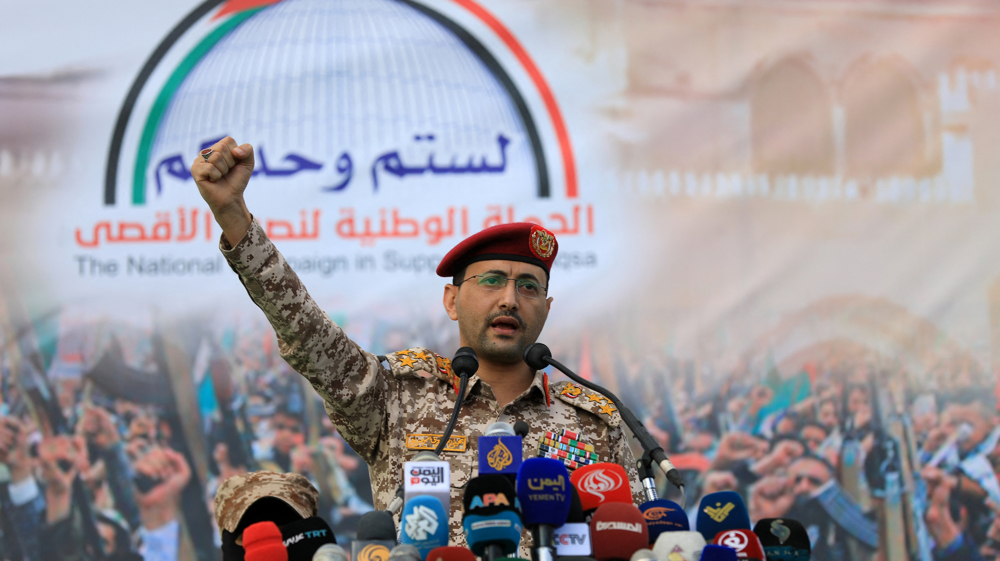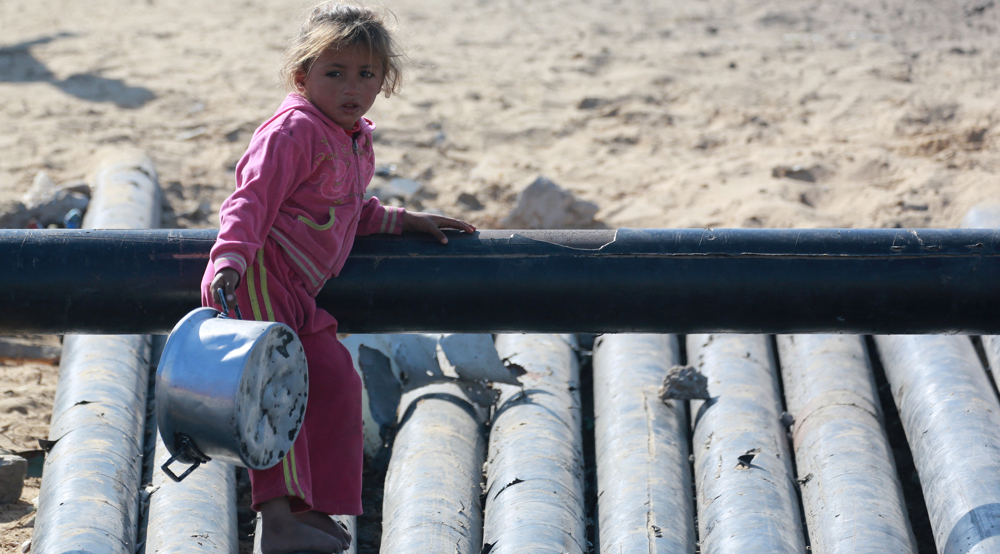Palestine: Israeli manslaughter conviction a show trial
The Palestinian Foreign Ministry has slammed an Israeli court for what it referred to as the unfair conviction of an Israeli soldier who shot and killed a wounded Palestinian.
Earlier on Wednesday, Sergeant Elor Azaria was convicted of manslaughter in an Israeli court for shooting an already incapacitated Palestinian, Abed al-Fatah al-Sharif, in the head following an alleged stabbing attack in al-Khalil (Hebron) last year.
Footage of the incident, filmed by another Palestinian, went viral after it was released via an Israeli human rights group.
The court announced that Azaria’s sentence would be handed down at a later date.
Following the courts verdict, the Palestinian Foreign Ministry released a statement which described the case as a “show trial,” saying, “Israel and its political, judicial, and military arms have been trying to attract international reactions to this hideous crime through the farce of detaining and trying the killer soldier."
It also said that "several Israeli organizations and extremist settler groups dedicated efforts to fundraise for a campaign to defend the killer soldier and acquit him," adding that “extremist rabbis issued religious opinions legalizing what Azaria did."

Following the verdict, Israel's Prime Minister Benjamin Netanyahu called for Azaria's pardoning. Israeli Minister of Military Affairs Avigdor Lieberman also said he does not agree with the verdict of manslaughter.
The trail came just days after Human Rights Watch voiced its deep concerns over the increasing number of senior Israeli officials encouraging troops to kill Palestinians even when they are not a threat. The internationally-recognized rights group released a report on Monday, documenting numerous statements by Israeli officials calling on police and military to use lethal force since October 2015.
The killing back in March last year came amid heightened tensions that began in the occupied territories in August 2015, when Israel imposed restrictions on the entry of Palestinian worshipers into the al-Aqsa Mosque compound in East Jerusalem al-Quds.
The restrictions have enraged Palestinians, who are also angry at increasing violence by Israeli settlers frequently storming the al-Aqsa Mosque.
VIDEO | Yemeni forces repel US-British attack, down F-18 Jet
Iran’s capabilities vast; enemy’s ‘maximum pressure’ policies all failed miserably: Senior official
Iran’s economy grew 2.7% y/y in Sep quarter: CBI
VIDEO | Freelancers in Gaza strive to stay online amid genocide
Mikati demands Israel's withdrawal from south Lebanon
Yemeni army strikes Israeli military sites with drones
‘Clock ticking’: UNRWA slams unjustifiable killing of children in Gaza
BP to be sued in Britain for supplying oil to Israel













 This makes it easy to access the Press TV website
This makes it easy to access the Press TV website